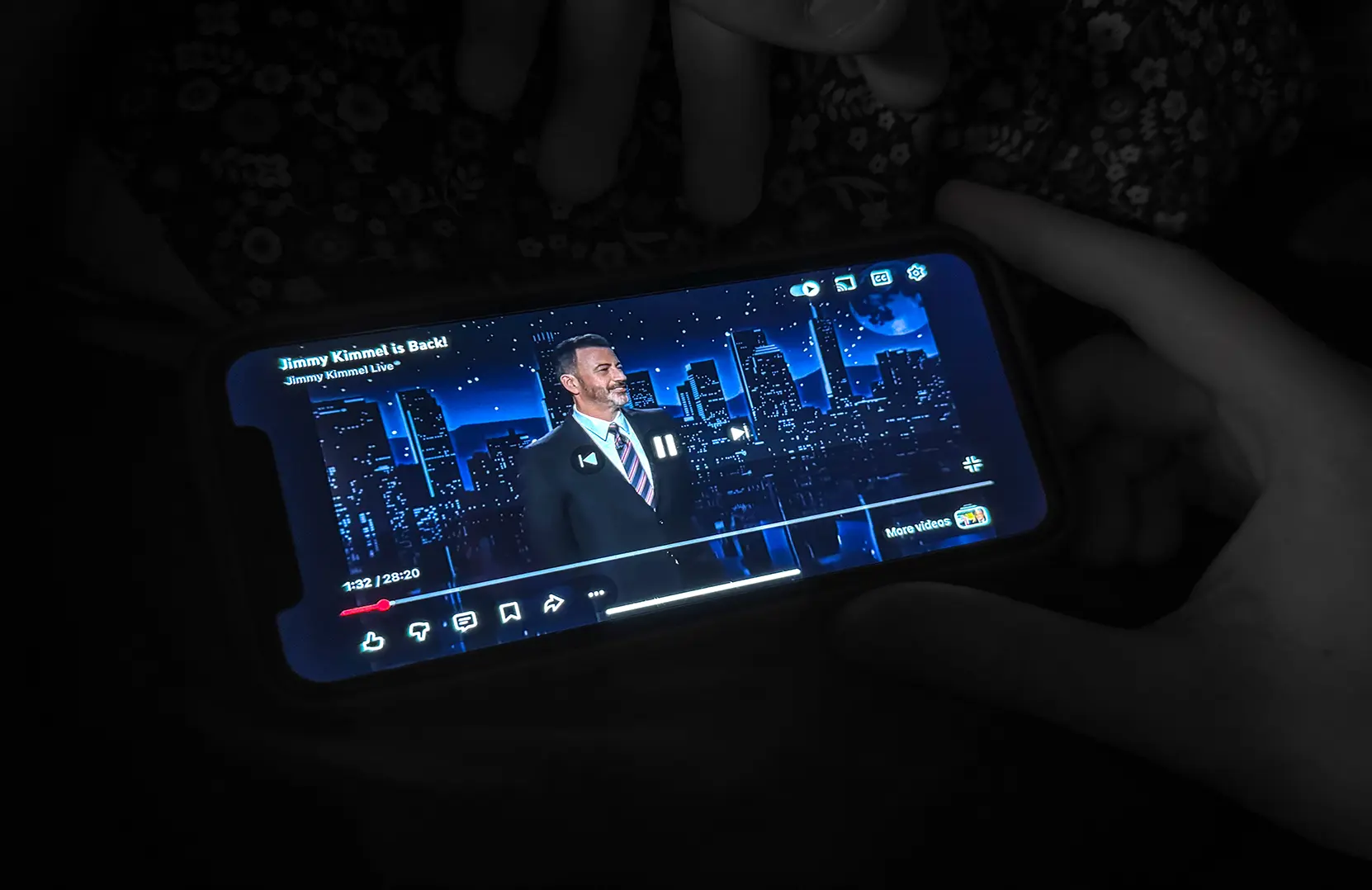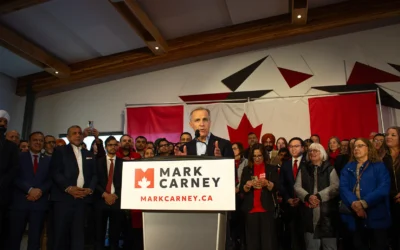Writer Viktorya Gyulinyan discusses the implications of Jimmy Kimmel’s suspension and return.
Recently, U.S. broadcaster ABC suspended talk show host Jimmy Kimmel over a seemingly insensitive comment about conservative pundit Charlie Kirk’s murder.
In response to his comments, Brendan Carr, the chair of the U.S. Federal Communications Commission (FCC), accused Kimmel of misconduct and demanded an apology.
Carr’s response appeared to put pressure on networks to cancel Kimmel, an attempt by the government to suppress the media. In response, Nexstar Media Group, which is an ABC affiliate, said it would no longer air Kimmel’s show.
According to a report by the BBC, FCC commissioner Anna Gomez said that “an inexcusable act of political violence by one disturbed individual must never be exploited as justification for broader censorship or control.”
“What we’re seeing in cases like these is a subtle erosion, the kind that doesn’t look like outright censorship but works by creating fear and hesitation. That’s why journalists must defend not only their own freedom but also the structural independence of the press. Once governments normalize the idea that they can dictate tone, coverage, or content, democracy itself becomes hollow,” says Alvin Ntibinyane, an assistant professor of journalism at MacEwan.
U.S. Senate minority leader Chuck Schumer accused President Trump of violating democratic policy, saying, “This is just despicable, disgusting, and against democratic values, Trump and his allies seem to want to shut down speech that they don’t like to hear, that is not what democracies do, that is what autocracies do.”
Within a democratic system, the media should be able to report on topics freely without the threat of being silenced.
Ntibinyane says, “I think Kimmel’s suspension was deeply troubling because it revealed just how fragile freedom of expression can be, even in spaces that are supposed to thrive on open commentary and satire.”
Nexstar Media’s willingness to comply with government pressure shows they are not independent of political power. Though news organizations appear to be privately owned, they are undeniably under some form of control. If they cross a line, the federal government may try to censor them.
Nitbinyane says that when a government uses its power, whether directly through regulation or indirectly through pressure, to silence or intimidate the media, it’s a serious red flag. The press exists to hold power accountable, not to appease it.
Only opinions which align with the government’s messaging are deemed acceptable, while opposing expressions are subject to suppression.
When a powerful media company censors itself, the democratic ideal of freedom is diminished to a mere pretense.
Nexstar is an affiliate of ABC, a broadcast company which airs news. How can such a media organization be entrusted with ethical reporting when it did not hesitate to silence an opinion that opposed the views of the government?
Cases like these serve as a reminder that societal upheaval and public dissent can hold power to account and bring reparation.





0 Comments